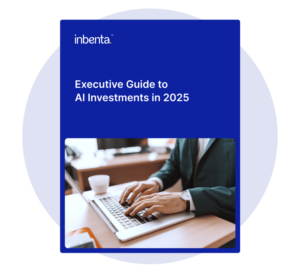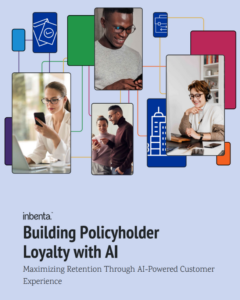A recent study from the Max Planck Institute reveals that people, especially academics and professionals, have begun adopting AI-like language patterns in their daily speech. By analyzing 280,000 academic YouTube videos, researchers identified a significant increase in the use of terms commonly generated by AI, such as “meticulous” and “adept.” This linguistic shift might erode emotional nuance and individuality, reducing speech to monotony. The study warns that overusing AI-influenced language could flatten cultural diversity and subtly alter social behaviors, like politeness in conversations. The irony? Humans created AI to sound human, but now people are mirroring AI.
WEBINAR – How to Drive Enterprise Transformation with AI: Lessons from the Past, Strategies for the Future.
- Platform
- Solutions
 Inbenta’s Composite AI
Inbenta’s Composite AIInbenta’s AI, trained for over two decades on billions of interactions, enhances customer experience across industries.
- Use Cases
- industries
- Resources
- Articles
- AI This Week
- White Papers
- Newsroom
ArticlesAI This WeekWhite PapersWhite PapersWhite PapersWhite PapersNewsroom
- Company
- Partners
Unlock growth & innovation
CareersTransform the world with us
CompetitorsSee how we stack up






